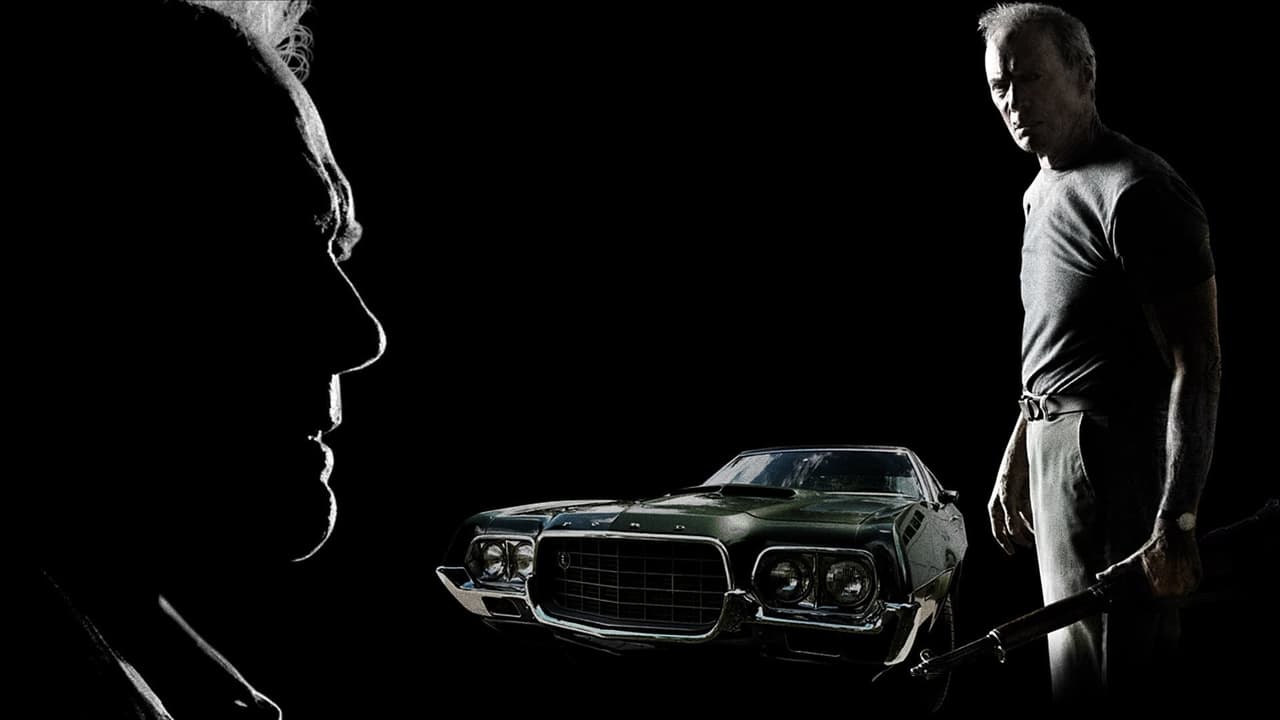Welcome to my movie review of Gran Torino, a gritty drama directed by the legendary Clint Eastwood. If you're curious about this film, you've come to the right place! Released in 2009, this movie stars Eastwood himself, Christopher Carley, Bee Vang, and Ahney Her, and is penned by Nick Schenk and Dave Johannson. It's one of those cinematic masterpieces where the storytelling is just as sharp as its 1972 title car.
So, what's Gran Torino all about? In this tale, Clint Eastwood plays Walt Kowalski, a Korean War vet with more prejudice than you can shake a stick at. When a young Hmong teenager, Thao (played by Bee Vang), tries to snag Walt's prized 1972 Gran Torino, an unlikely bond develops between the two, leading Walt on a journey of redemption. And trust me—watching their relationship grow is like witnessing a cactus bloom in the desert.
The beautiful thing about Gran Torino is how it navigates through its themes of prejudice, redemption, and cultural bridges with brutal honesty. Eastwood isn't afraid to make us squirm as we dive into this social commentary. At times, it's like holding a mirror to society—uncomfortable but necessary. And Eastwood brings the heat, both as a director and actor, down to the gravelly, no-nonsense one-liners that only he can deliver. Talk about a dual threat!
Easily one of the best drama movies of its decade, Gran Torino leaves a lasting impression with its strong and sometimes tender performances. Eastwood channels the curmudgeonly spirit of Walt with the same rugged finesse he’s known for, while Bee Vang gives a nuanced portrayal of Thao, caught between two worlds. Although Christopher Carley's priest character often feels like he’s struggling to keep up in such intense scenes, his presence underscores the film's theme of seeking redemption. The screenplay is taut, filled with dialogue that crackles and pops, dwelling in the gray areas of moral ambiguity.
Speaking of the film's aesthetic—cinematography by Tom Stern captures the gritty realism of Detroit's backdrop during the economic downturn, layering the narrative with an authentic texture that feels more like a companion than a backdrop. The visual storytelling enriches the viewer's experience and makes the drama more palpable.
If you’re a fan of cinema analysis, you'll appreciate how Gran Torino is a direct contrast to something like The Sopranos’ take on organized crime—a gritty world where Eastwood's blend of tough love and sharp critiques probes deeper into moral dilemmas and evokes empathy even in unlikely scenarios.
Whether you're into serious film critique or just love a good transformative story, this movie breakdown suggests that you can't look past Gran Torino. It's right up there with Eastwood's classics like Unforgiven and Million Dollar Baby. If complex characters stuck in morally challenging scenarios tickle your fancy, this one's a no-brainer.
In conclusion—if drama's your jam, this is a must-watch film. You'll laugh, you'll gasp, and maybe, just maybe, reflect a bit on your own prejudices. Gran Torino's not just a movie; it's an experience. So, grab some popcorn, find yourself a cozy spot on the couch, and enjoy the ride. It just might be the best two hours you spend all month!

